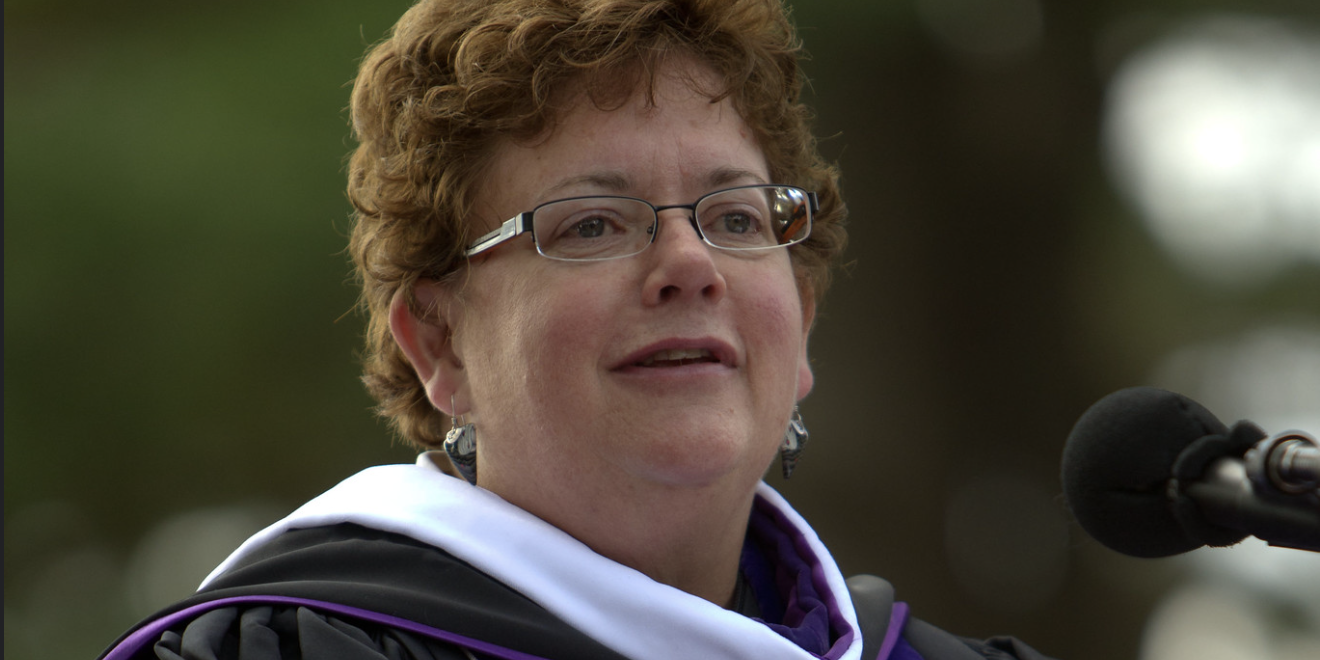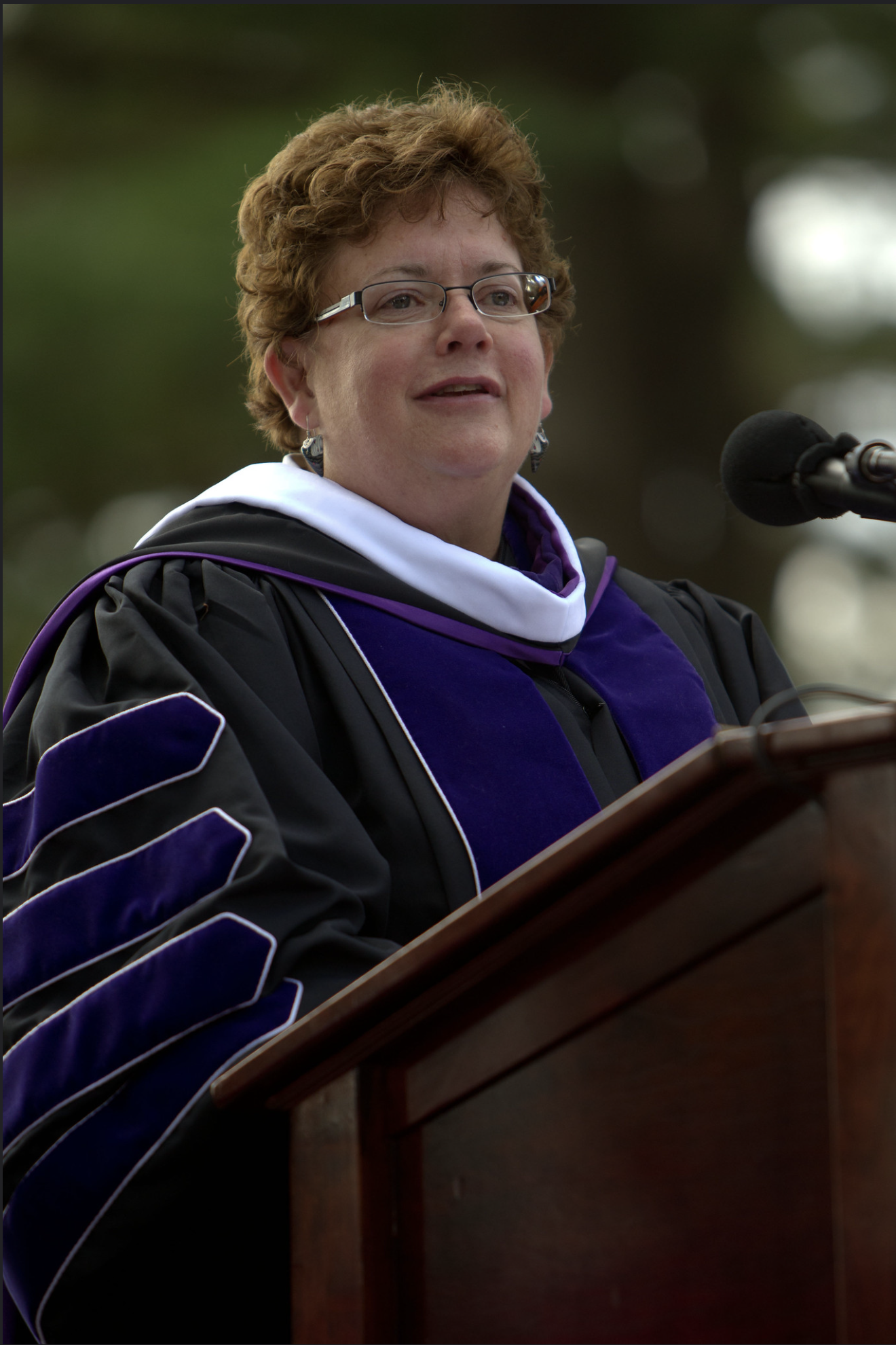Letter to the Editor: In Defense of President Martin
Eliza J. Clark Folger Professor of English Judith Frank responds to last week’s editorial on the legacy of outgoing President Biddy Martin, arguing that her successes and failures should be considered in light of the historical challenges she has faced.


Dear Amherst Student:
I found The Student’s editorial on President Biddy Martin’s successes and failures to be insular and narrowly-considered: it says almost nothing about the contexts in which Biddy was operating during her time at Amherst. She succeeded Tony Marx, who had brought a newly diverse population to a college that had not yet put into place the supports it needed to make itself into an actual community. She arrived during Hurricane Irene, which was shortly followed by a Halloween snowstorm that destroyed scores of trees on campus and beyond and knocked out electricity in the region for days. Those natural disasters would presage her entire tenure at Amherst. She contended with incidents of alleged murder, suicide, assault and hate speech, as well as a five-day internet outage that brought college business to a halt. She was Amherst’s president during the Trump administration, which required her to write almost weekly missives to the community detailing how the college would try to protect our international students, students of color, women students, queer students, trans students and more, from the barrage of attacks on their lives and personhood. And she’s been our president during a global pandemic, during which it’s been her responsibility to at once protect lives and protect the ideals of the residential college. She was the first president to send students home in March 2020, a decision that enraged and devastated students and that was replicated, in the weeks that followed, by almost every college and university president in the country. This year, her decisions have been challenged by students and mocked by the press – and as I write this, during a nationwide surge of the Delta variant, our academic year proceeds in person and exactly zero students have Covid-19.
Biddy’s legacy will be discussed and debated over time. But it can’t be properly assessed without considering the truly epic historical challenges she has faced.
Judith Frank
Eliza J. Clark Folger Professor of English


Comments ()